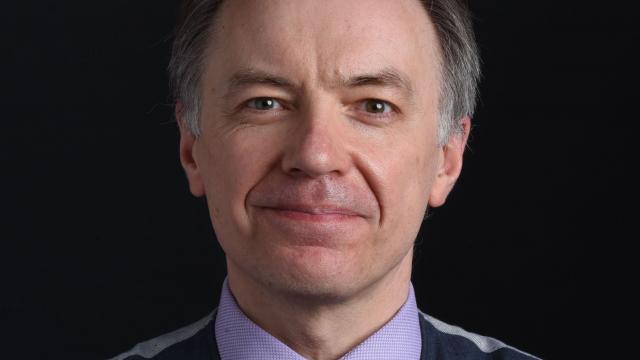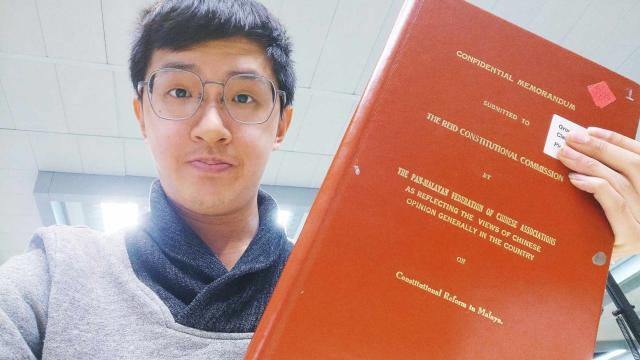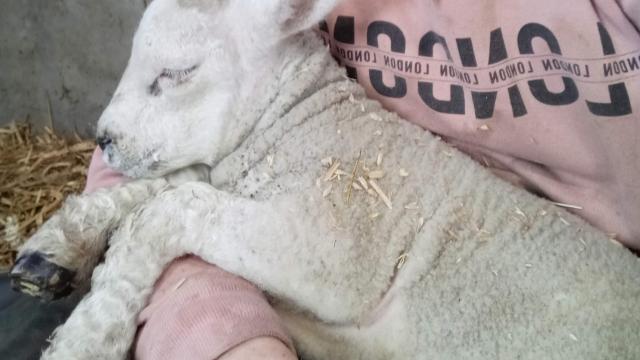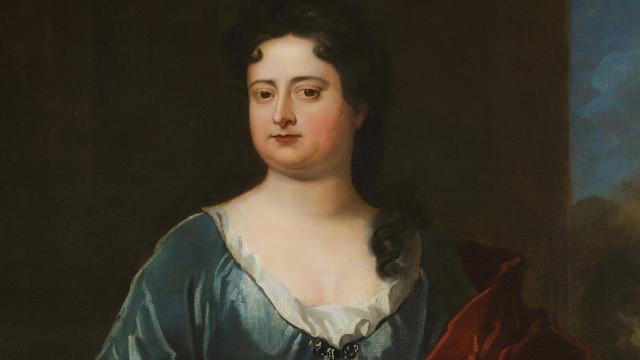
As Health & Safety Manager at St Catharine’s College, Jemma Fortey has understandably been squarely in the middle of the College’s response to the COVID-19 pandemic. She recently shared the different ways that the pandemic has affected her work and how working alongside students, staff and Fellows has helped to protect our community.
Casting her mind back, Jemma explains that the early months of the pandemic represented a dramatic shift from the usual principles of health and safety:
“In the early days, there was no legislation or official advice available to guide the College’s approach. There also wasn’t much in the way of evidence available for health and safety professionals in any sector to assess the problem and how to mitigate the risk of infection, let alone specific information for higher education settings. I simply had to dig deep and go back to the fundamentals – if you cannot eliminate the risk or change the hazard, you must focus on how to separate the virus from people.”
As news emerged from countries with early outbreaks during Lent term 2020, Jemma had the College’s support to act fast to reinforce basic hygiene measures, which remain an important part of the College’s COVID-secure measures to this day:
“The College got ahead of the curve by sourcing supplies of hand sanitiser before we saw shortages in the UK. By February, we had installed dispensing pumps in locations around the College, and added posters about handwashing best practice. I am glad we had these basic measures in place so early.”
When the first national lockdown started in March 2020, students had already been asked leave Cambridge, but St Catharine’s stayed open (albeit with reduced operations) to support the small number of students who needed to remain in College accommodation. At this point, Jemma’s main priorities were conducting a College-wide risk assessment and protecting individuals in our community who had an increased susceptibility to infectious diseases.
“When it became clear that I was in one of the groups classed as clinically vulnerable, I realised that our risk assessment would need to be done remotely, away from the College. Having joined St Catharine’s back in 2017, I know every nook and cranny in our different properties. I was also able to call on the teams working onsite, who were happy to help if a particular scenario wasn’t clear in my head.”
By the summer, attention had turned to preparing for the return of students for the new academic year:
“Safely resuming College life was far more difficult than when we’d been forced to scale back suddenly. In fact, the biggest achievement of my career so far has been developing the St Catharine’s COVID-19 risk assessment for Michaelmas term and the accompanying processes and measures. Fortunately, I was able to draw upon our formidable team of Heads of Department, who are experts in their domains, to look afresh at all the different scenarios that can happen in College and what measures we needed to protect people.”
Of course, planning for Michaelmas term was largely theoretical until students returned to put our measures to the test.
“Due to the support of the St Catharine’s community for our COVID-secure measures, I am proud that there hasn’t been a single case of the virus spreading between an employee and a student (or vice versa), and no employees have been infected during their work for the College. We’ve also proven that we can work together to contain individual cases and clusters among students, with Public Health England validating the approach we’ve taken.
“This year has definitely resulted in a wider appreciation of health and safety practices, particularly among our students. I have always been happy to support May Balls and other student activities but I’ve been massively impressed with the thought that College captains have put into COVID-19 risk assessments for their individual sports.”
Throughout everything, Jemma has remained committed to delivering the health and safety activities that normally preoccupied her time before the pandemic:
“This last year was the perfect reminder that health and safety never stops. Whether planning water flushing to avoid Legionella or fire safety, it is a full time job keeping a handle on the-day to-day risks and staying up-to-date with legislation. Thanks to my supportive colleagues, I’ve also been able to find time to study for my diploma with the National Examination Board in Occupational Safety and Health.”
Helen Hayward (2019), Fellow and Operations Director, comments, “Health and safety can be seen as a somewhat a dry topic but its importance has never been more evident – in following the core principles of risk assessment, we have proved ourselves to be resilient and resourceful. I am immensely proud of the work done by Jemma, our teams and our whole community, to keep College safe during such testing times.”





